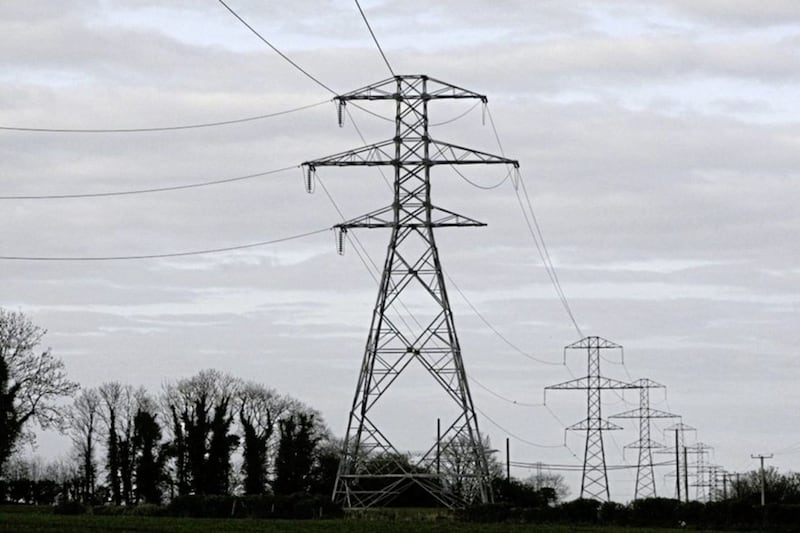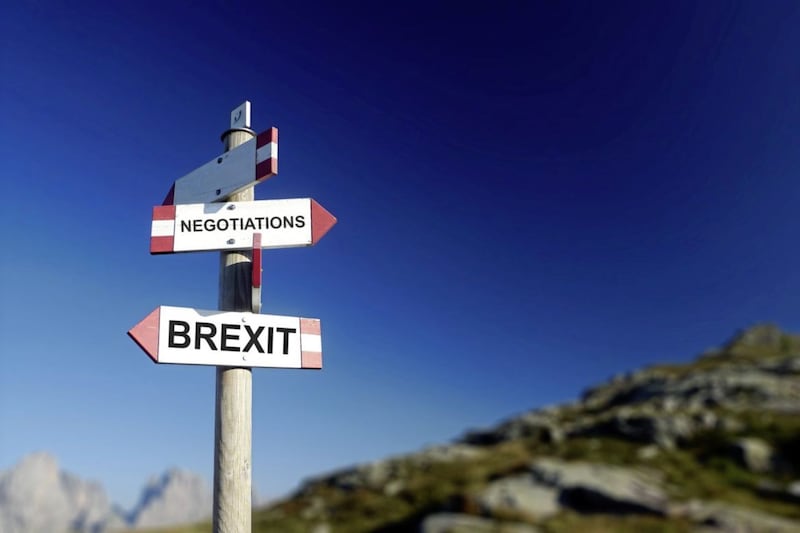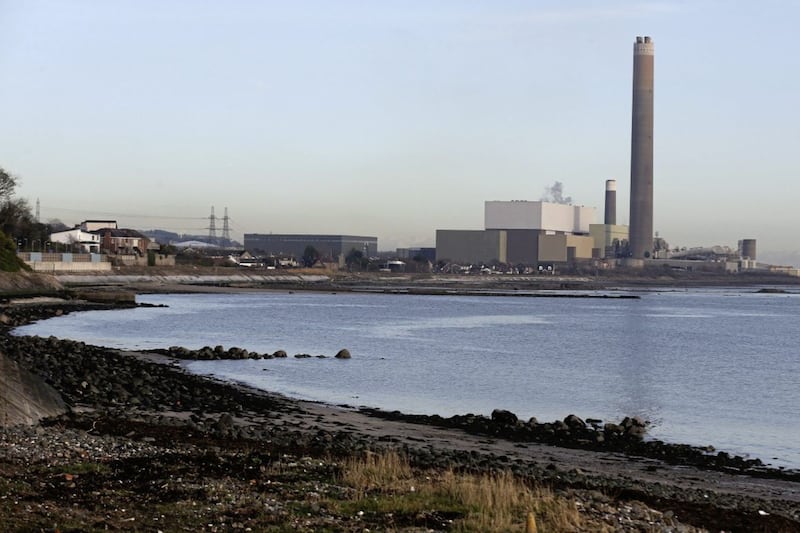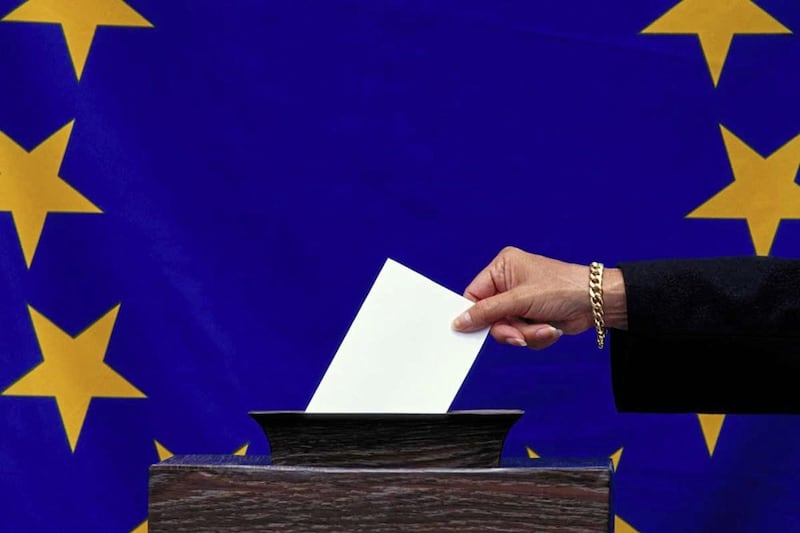ABOUT twenty years ago I used to visit a great aunt who had retired to a care home in Belfast to spend her last days. As someone who was born in the Glens of Antrim in the late Victorian Age, she had seen extraordinary changes in the course of her life.
When she was a baby, most of the machines that were to transform homes and industry during the 20th century hadn’t been invented. But even those that had been devised such as cars, light bulbs and phones would have made little impact then in her part of the world.
By the time she died, however, the world was completely different; plane travel had become common, most homes had been equipped with labour saving devices and, more spectacularly, man had been to the moon and back.
And yet though her exterior world had changed in ways that would have been unimaginable to her, my great aunt, although we never discussed it, probably held pretty much the same views as her parents or her grandparents. Her interior world remained intact even as everything physical around her was being altered in the most profound way.
But if the changes she had witnessed and experienced did not shape her own consciousness, in the second half of her life the tectonic plates were shifting. Ireland was slowly liberalising. The most recent evidence of this is provided by the referenda on abortion and same sex marriage down south. And even though the prohibitions remain here, there’s little doubt that a substantial percentage of adults in Northern Ireland share similar views to a majority across the border.
The underlying reason for this revolution in social attitudes is a rejection of authority in all its forms. Individuals are making up their own minds on all sorts of issues. And I would suggest the driver for this was the explosion in economic freedom that occurred during the middle of the 20th century. If people with their new found wealth had the power to pick and choose the goods and services they wanted, they also had the right to make up their minds about faith, morals and politics. No one could dictate to them any longer.
This upsurge in individualism fitted in with and supported free market driven capitalism which until recently seemed to be the only ‘ism’ that anyone believed in anymore. But trust in the market has been severely dented by the financial crisis. The emerging scepticism has extended to the high priests of capitalism, namely the economists. As they, largely speaking, weren’t able to predict the downturn, they struggled to retain public confidence?
The crisis then paved the way for the entry of new political figures who claimed to have all the answers. On the right populists have argued for and secured Brexit though nobody knows how it’s going to turn out and on the left the Labour Party’s new leadership has put the case for a return to traditional socialism. Neither programme seems convincing to me.
At this point it’s not easy to work out how the political landscape will change and harder still to see how that will impact on business. My hunch is nothing very dramatic will happen unless and until there is a major crisis or catastrophe to shake things up. However there is a candidate out there on the horizon and it is looming closer.
Interest in climate change ebbs and flows like, well I suppose, the weather. Massive storms or killer heatwaves put the subject on the agenda only for it to drop off again as another issue grabs the headlines. But this is Mother Nature’s ticking time bomb. The world is heating up to dangerous levels and across the world we’re not doing enough collectively to halt the trend.
Here we’ve taken the fight so far and no further. New subsidies are not being made available for renewable energy projects. That is not to underplay what has been achieved through the greening of the electricity system. But we haven’t really started to de-carbonise transport, farming or heating apart from the investment in RHI. We’re not unique. Our failures are paralleled in other parts of the world just on a bigger scale.
Later this week the Pope will host a debate on climate change which is being attended by 40 top investors and oil executives. Their attendance is a striking confirmation, I suggest, that there is a moral dimension to this issue. At the very least, the meeting will focus attention on the matter but it’s conceivable it might provide fuel for a renewed campaign to combat global warming.
If not before, eventually opinion will shift when the flooding and drought occasioned by climate change becomes impossible to explain away by other factors. It will be recognised that the market of itself cannot provide solutions. Instead politicians will have to translate promises already made into actions. It’s my hunch that a sense that we are all in this together will influence politics more broadly, leading voters to question whether existing economic models are fit for purpose.
Unconstricted economic development has rescued billions from poverty and help to make life easier for billions more. But it has got us into this climate change crisis and it can’t get us out of it. Only a new form of politics will deliver a solution.








